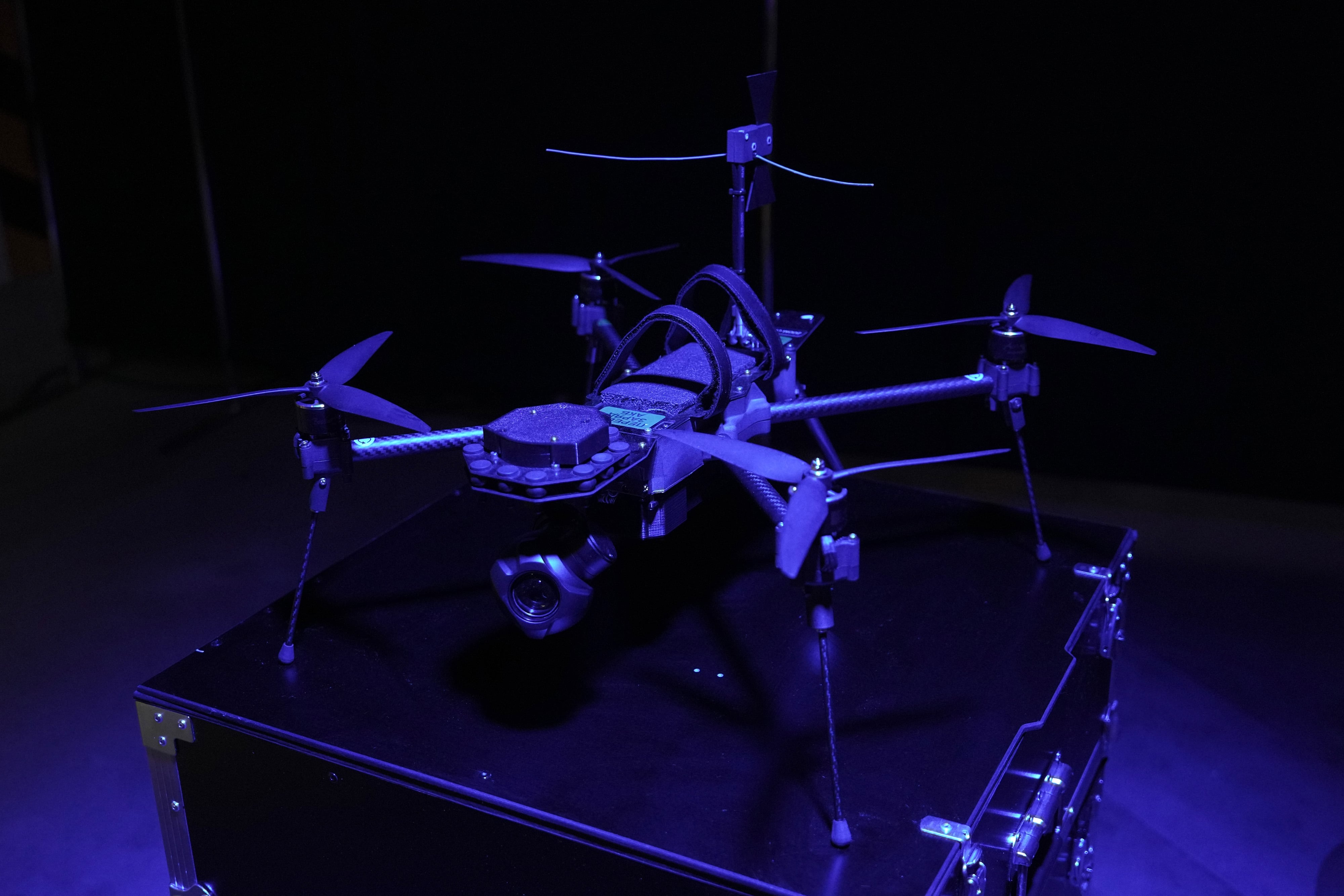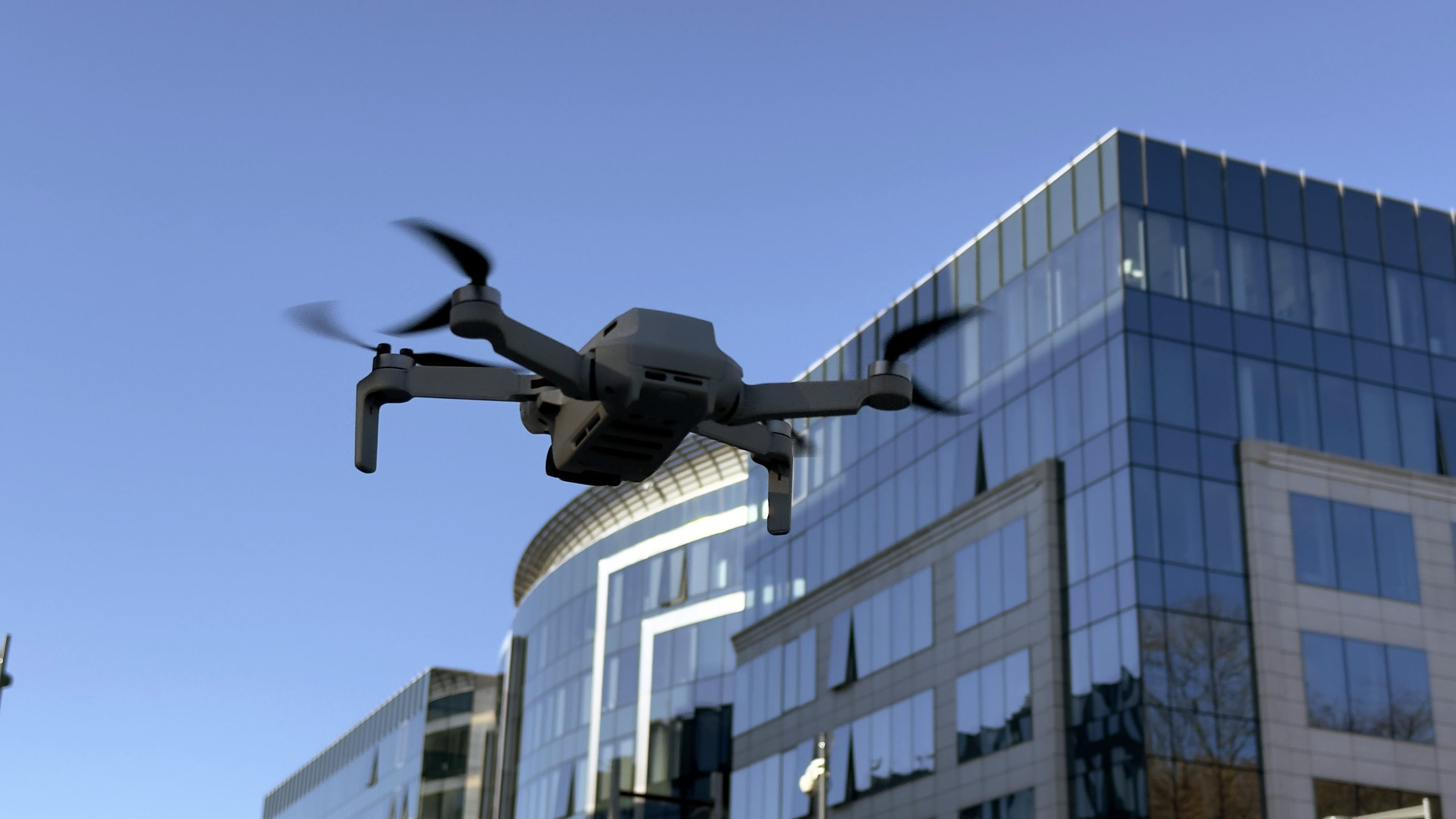The Trump White House has aggressively prioritized cybersecurity in its policy documents, with two executive orders over the course of the administration calling on federal agencies to improve cyber operations and workforces across the government and private sector.
But some members of Congress worry that such policy priorities are not reflected in the budget plans the Trump administration has proposed, shortchanging components of the Department of Homeland Security, in particular, that are responsible for leading cybersecurity efforts.
“Despite [the Cybersecurity and Infrastructure Security Agency]’s growing mission, its budget has remained stagnant. Since taking office, the president and those around him have paid a lot of lip service to cybersecurity and innovation, but there hasn’t been much follow through,” said Rep. Cedric Richmond, D-La., at an April 30 House Committee on Homeland Security hearing.
“To complicate matters all of this is happening in the absence of a White House cybersecurity coordinator, which the White House eliminated last year.”
White House budget documents requested approximately $1.28 billion for CISA’s operations and support for fiscal year 2020, while Congress approved nearly $1.35 billion for the same programs 2019. It also authorized an additional $336 million for procurement, construction, research and development for the new agency.
DHS’s Science and Technology Directorate also received a significantly reduced budget in the president’s proposal, going from nearly $820 million in FY19 to a proposed $582 million in 2020.
That reduction would cause the agency to close down some programs, such as established Centers of Excellence that work to develop cybersecurity and technology solutions for state and local partners.
“I support the president’s budget. Having said that, I certainly appreciate the resources that Congress has provided over the years and the support to the S&T folks and the mission that we have. All of our Centers of Excellence provide great value,” said William Bryan, senior official performing the duties of the under secretary of the Science and Technology Directorate.
“Under the proposed budget, we’re going to have to look at the Centers of Excellence — two of them frankly — that are going to have to be shut down, in the hope that we can start up three other ones, should the president’s budget be executed.”
Those potential closures include the National Urban Security Technology Laboratory in New York, which develops technologies for first responders.
“Tough decisions have to be made,” said Bryan. “The only remedy I have is to look to where capabilities like these can be performed elsewhere.”
Meanwhile, Christoper Krebs, CISA’s director, said that requests for his department’s assistance in securing 2020 elections are ramping up, and the money for those initiatives “has got to come from somewhere.”
CISA currently has approximately 1,100 cybersecurity personnel with 361 positions vacant.
“When we look at the budget, particularly from a personnel perspective, we are still growing as an agency, we are still filling billets,” said Krebs, who said that he would have ways to spend money even if his agency’s budget were doubled.
Jessie Bur covers federal IT and management.








